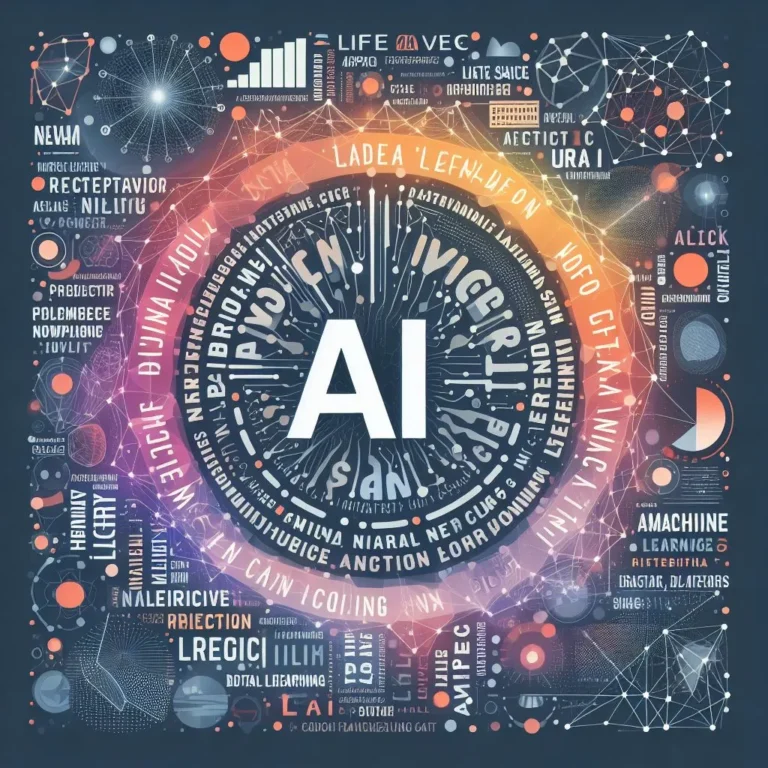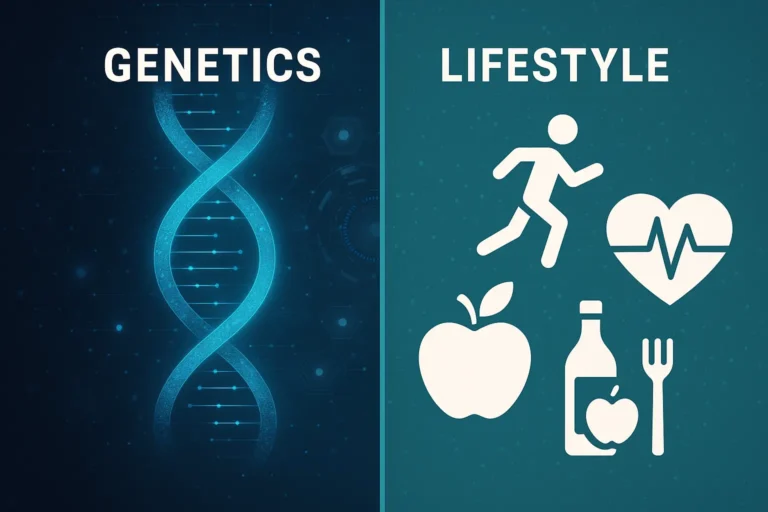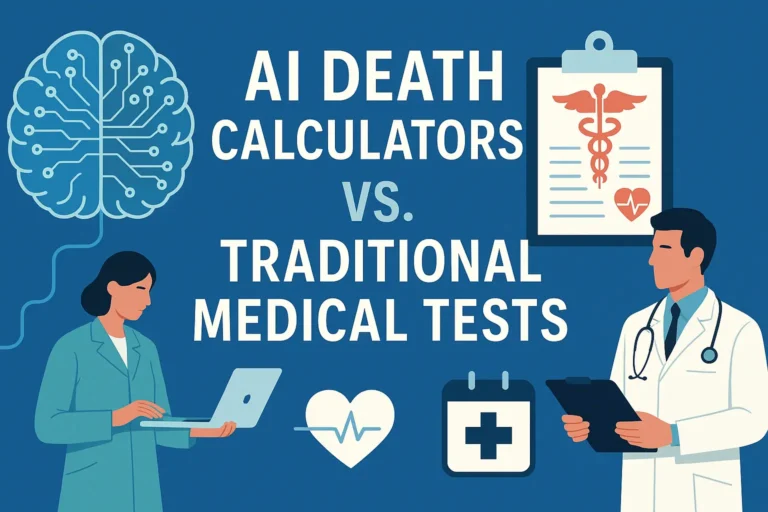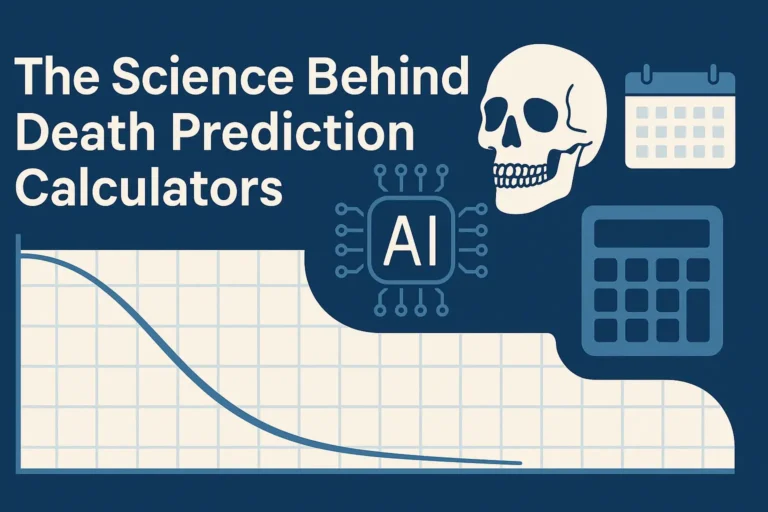Top 5 AI Death Predictors That Claims to Predict Your Death Date
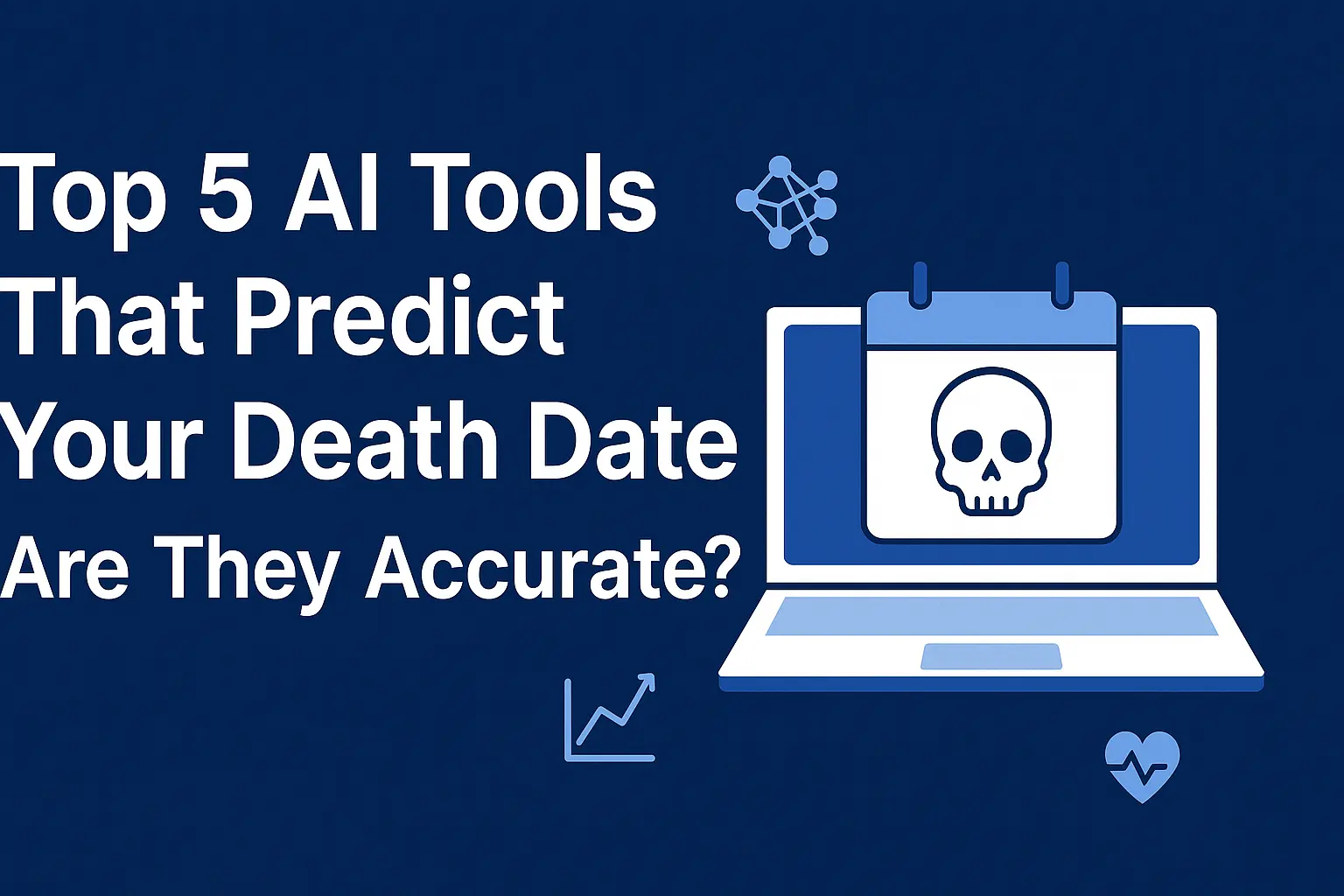
With the rise of artificial intelligence in healthcare, AI death predictors have become a trending topic. From deep learning algorithms to advanced life expectancy calculators, the concept of predicting mortality through data analysis is no longer science fiction. But are these tools accurate—or simply digital fortune-tellers?
In this article, we explore the Top 5 AI death predictors available today, how they work, and whether you should trust them.
What Are AI Death Predictors?
AI death predictors are software tools that estimate your potential death date by analyzing a wide range of personal data. This includes:
- Medical history
- Lifestyle and habits
- Socioeconomic factors
- Genetic predispositions
- Real-time health metrics from wearables
These tools rely on machine learning models, neural networks, and predictive analytics to generate risk scores or predicted mortality dates.
What Are AI Death Predictors?
AI death predictors are software tools that estimate your potential death date by analyzing a wide range of personal data. This includes:
- Medical history
- Lifestyle and habits
- Socioeconomic factors
- Genetic predispositions
- Real-time health metrics from wearables
These tools rely on machine learning models, neural networks, and predictive analytics to generate risk scores or predicted mortality dates.
Why Are People Using Death Prediction Tools?
For health-conscious individuals and tech enthusiasts, these tools serve multiple purposes:
- Encourage better lifestyle decisions
- Provide risk analysis for chronic illnesses
- Highlight unseen health vulnerabilities
- Satisfy curiosity (or existential anxiety)
While the idea may seem grim, many users view AI-powered death calculators as a wake-up call rather than a prophecy.
Top 5 AI Death Predictors That Claim to Know Your Fate
1. Life2Vec – AI Based on Life Events
Life2Vec, developed by researchers at the Technical University of Denmark, is an advanced AI model that converts major life events into machine-readable data (vectors). Using natural language processing (NLP) and socio-medical datasets, it can predict mortality with impressive accuracy.
Features:
- Uses education, employment, income, and health data
- Reported accuracy up to 78%
- Peer-reviewed methodology
Limitations:
Not publicly available yet; primarily used for research purposes.
2. MyLongevity Predictor – Built on Actuarial Science
This AI-driven calculator combines actuarial models with machine learning to estimate your lifespan. It considers lifestyle choices, pre-existing conditions, and family history.
Features:
- Simple web-based tool
- Customizable input for health factors
- Offers preventive health suggestions
Limitations:
Results are static; doesn’t evolve with changing habits.
3. DeathClock AI – Popular, but Accurate?
DeathClock AI is one of the most viral death date prediction tools, offering a straightforward questionnaire about your lifestyle and health. The algorithm then delivers a predicted date of death.
Features:
- Easy to use; minimal data entry
- Designed more for entertainment
- Often used as a curiosity tool
Limitations:
Not medically accurate; lacks scientific backing.
4. Azumio Life Expectancy AI – Data from Wearables
Azumio’s life expectancy tool pulls data from fitness trackers, combining it with AI to evaluate real-time health risks. It includes variables like heart rate, sleep patterns, and exercise habits.
Features:
- Integrates with fitness apps and smartwatches
- Adaptive predictions based on user data
- Health tips based on trends
Limitations:
Accuracy depends on long-term, consistent usage.
5. DeepAI Predict My Death – AI Meets Deep Learning
This advanced AI death predictor uses deep learning algorithms to assess health indicators, lifestyle risks, and mental health trends. It leverages anonymized medical databases and behavioral metrics.
Features:
- Multi-variable inputs
- Deep neural networks for prediction
- Focus on health optimization
Limitations:
Still in experimental stages; limited public access.
Are These AI Death Prediction Tools Scientifically Valid?
While some tools are purely entertainment-based, others—especially those backed by clinical research and peer-reviewed studies—offer valid insights. However, even the best AI mortality prediction tools provide probabilistic outcomes, not certainties.
These tools can identify potential health risks early, making them useful for those interested in preventive healthcare. Still, results should never replace professional medical advice.
Ethical Concerns and Limitations
Predicting death comes with significant ethical and psychological implications:
- Mental health impact from receiving a predicted death date
- Privacy concerns with personal and biometric data
- Bias in AI models due to underrepresented populations in datasets
Governments and AI developers must tread carefully, ensuring responsible use of AI in healthcare.
Should You Try an AI Tool That Predicts Death?
If you’re tech-savvy, data-driven, and interested in your long-term health, exploring these tools might provide insight—not certainty. Look for predictors that offer:
- Transparent data policies
- Scientific backing
- Actionable health recommendations
Used wisely, these tools can help you take charge of your lifestyle and inspire healthier decisions.
Conclusion
The rise of AI death predictors shows how far we’ve come in blending data science with personal health. While not 100% accurate, these tools reflect the potential of AI to revolutionize health forecasting, risk assessment, and even longevity planning.
Curious about your lifespan? Try one of the top 5 AI tools that predict death—just don’t take it as gospel. Your health journey is still in your hands.

